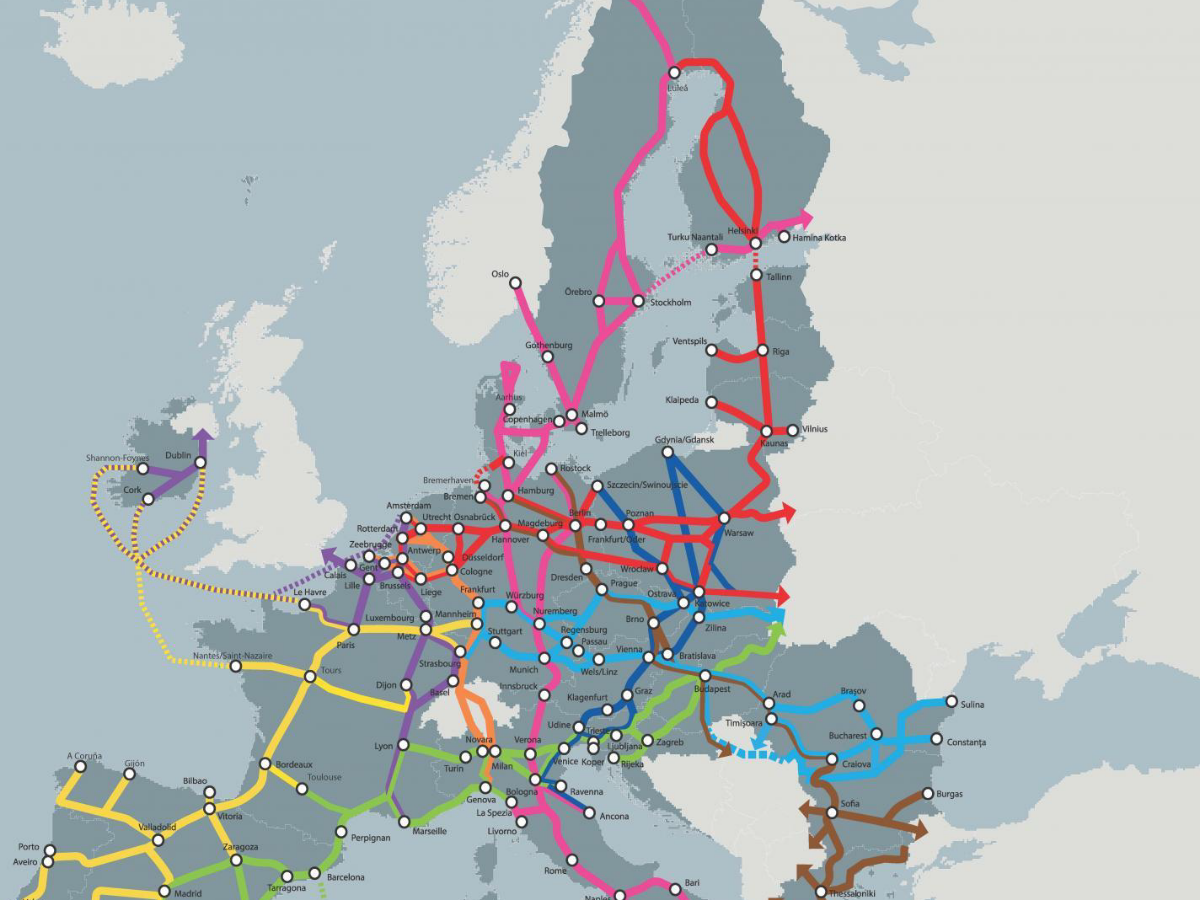To make the trans-European transport network fit for the future and to align TEN-T policy with the European Green Deal, the European Commission had published its proposal for a revised TEN-T regulation in December 2021. The members of the Scandria®Alliance have assessed the proposal and developed a joint position paper that has now been submitted to the European Commission.
Guido Beermann, Chairperson of the General Assembly of the Scandria®Alliance and Minister of Transport of Brandenburg: “The Scandria®Alliance welcomes the Commission’s proposal as an important step towards building a cleaner and spatially balanced trans-European transport network. Regions and cities have a key role in shaping a multimodal and climate-smart transport system. The Scandria®Alliance is ready to act as a partner of the European Coordinators and contribute constructively to corridor fora and relevant working groups as a joint voice of cities and regions along the Scandria®Corridor.”
Following the structure of a Scandria®Alliance position paper developed during the public consultation phase of the TEN-T revision process in May 2021, our new paper focuses on urban nodes, multimodal transport chains, the multi-fuel approach, cross-border sections of the corridor as well as governance issues.
Urban nodes – first and last mile connections to the CNC
The Scandria®Alliance members underline that their understanding of urban nodes is a functional one. This is why urban nodes must not be strictly limited to the administrative borders of cities, but should also include multimodal freight terminals in peri-urban areas if these link the TEN-T network with urban transport. Alliance members also welcome the condition to include zero-emission urban logistics in Sustainable Urban Mobility Plans (SUMPs) of urban nodes. What is more, the Scandria®Alliance kindly asks the Commission to take notice of the specific needs of cross-border urban nodes.
Multimodal transport chains
The Scandria®Alliance members highly appreciate the emphasis put on multimodal transport in the draft regulation. This is regarded an important step towards a truly multimodal transport system. However, our members stress that infrastructure measures alone are not enough to achieve a shift towards more sustainable modes of transport. Accompanying policy measures are needed, e.g. with regard to track fees or customs operations.
